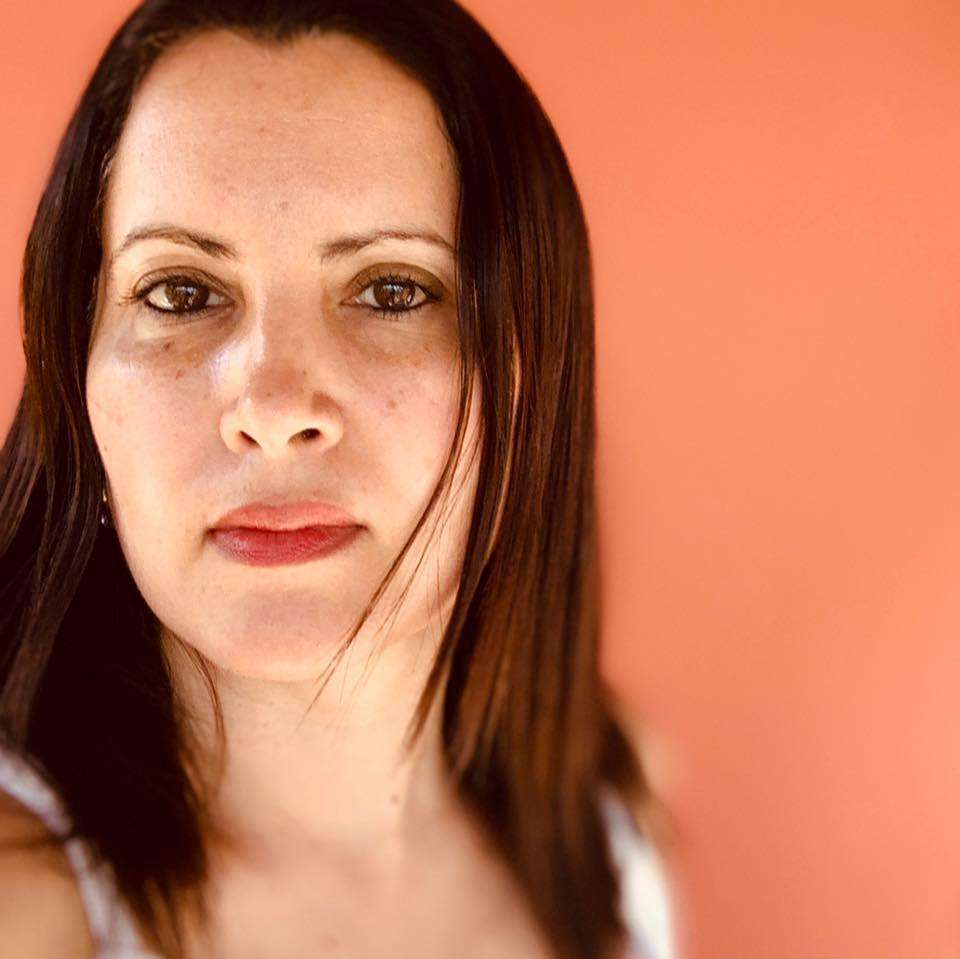How much food do we really need to live? Not as much as we think. Most of us eat a lot more than what we really need. The result isn’t just weight gain and low self-esteem. Overeating also causes some serious health issues including high blood pressure and diabetes.
Why Do We Overeat?

I believe overeating stems from feeling lack
I believe overeating stems from feeling lack. (I touched on this in the article on “Shifting Lack Consciousness.”) We may feel that if we don’t eat everything on our plate, someone else will take it. Or that the supply of food is limited and that if we leave some we’ll be hungry later. So we eat and stuff ourselves, regardless of what our bodies actually need.
Listening To Our Bodies
We lose the connection to our body at a young age. We no longer eat only when we’re hungry. We eat when we have a lunch break or when we meet friends for dinner. Eating happens at set times, not because we are hungry but because we’re supposed to eat then, completely ignoring our body’s signals. We eat when we’re not hungry, and we keep eating when we are full.
First step: “Eat When You’re Hungry.”
When I took an online seminar with Jeneen Roth, author of Women Food and God, that statement that really resonated with me. She didn’t say “Eat only when you’re hungry” or “Don’t eat when you’re not hungry.” She simply said “Eat when you’re hungry.”
It’s soft and simple and easy to follow. As soon as I heard that, I started asking myself “Am I hungry?” If the answer was “No” or “Not yet” or “Not at all,” I don’t eat. That happened more often than I anticipated.
That one piece of advice gave me permission to eat, guilt-free. Because I was only eating when I was hungry, I was free to eat whenever I felt like it.
Second step: Pay Attention While You Eat. Are You Still Hungry?
Amazing things happen when you start eating when you’re hungry. You can start to tell the difference between being hungry and not being hungry, even while you eat. This does requires you to eat more consciously, to sit down with your food, appreciate it, slow down and have as few distractions as possible.
Every few bites, I started asking myself: “Am I still hungry?” The answer “No” came a lot sooner than I expected. After eating about a third to a half of what I used to eat, I can already feel that I am no longer hungry. So I stop. I am full; I feel it.
I’m not eating less to lose weight. I just stop when I no longer feel hungry.
Step 3: Dealing With The Anxiety Of Leaving Food On The Plate

My parents always told us to finish everything on our plate
My parents always told us to finish everything on our plate. They would tell us horror stories about starving kids in Africa and millions of Chinese children sharing a single grain of rice. It had the “Lack Consciousness” vibration written all over it. So I took the simple step of healing that “Food Lack Consciousness.”
I laid down, located that lack piece in my body, identified its shape, form, consistency and size, and I told it:
I see you there.
I feel how you feel.
I love you no matter what.
I did that for an hour or two, and I’ve had no problem leaving food on the plate since. This process is described in details here.
I eat out two or three times a day and waitresses now frequently ask me if everything is okay with my dish because I leave most of it on the plate.
I nod, smile and tell them it was excellent.
These three steps have stopped my overeating cold turkey. It’s been three weeks now, and I have yet to overeat. I’ve lost a significant amount of weight, without depriving myself of anything and without exercise. I stopped feeling stuffed and bloated as many people do after a large meal.
After struggling with food issues for all my teenage and adult life, battles that made me feel miserable and overweight, and that wasted way too much brain power, I finally feel that I’m healed. I’ll never have to diet again because I eat when I’m hungry.

 Passionate about practical spirituality. My goal is to keep learning and spreading the knowledge and hopefully help raise the vibration on this planet.
Passionate about practical spirituality. My goal is to keep learning and spreading the knowledge and hopefully help raise the vibration on this planet.
I just found your website and it’s really awesome. I really believe what you say about eating when you’re hungry. These articles are great. Thanks for doing this.